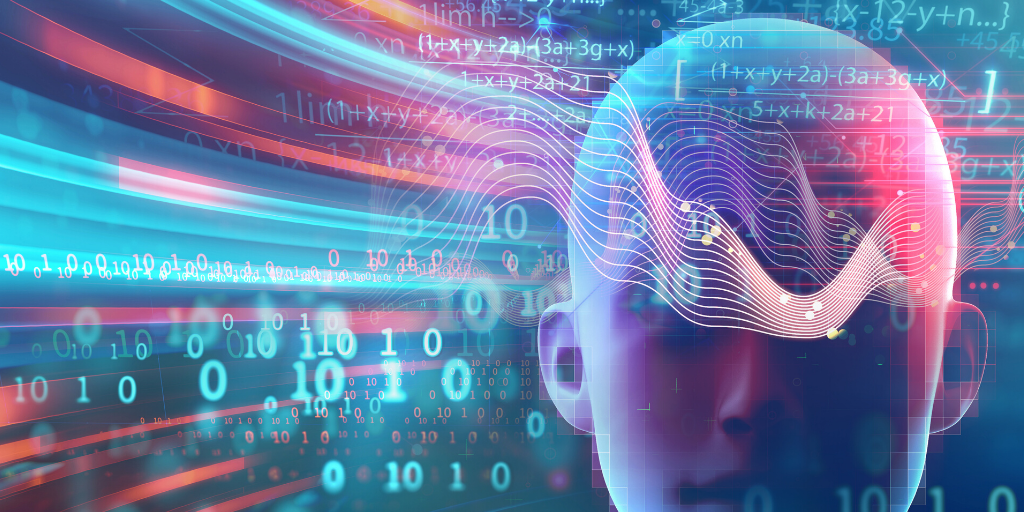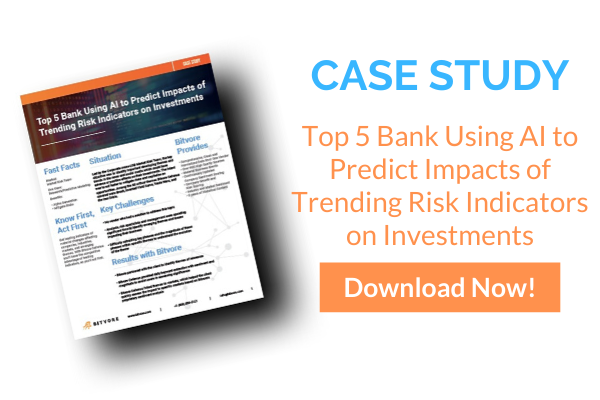
Deep learning is often described as a form of artificial intelligence that works like the human brain. It encompasses abilities similar to human cognitive skills, such as data processing and pattern recognition.
Deep learning was created through artificial neural networks designed to analyze and process data, utilizing information from various sources. Although it has come a long way in recent years, skeptics have questioned whether it has the capacity to replace human intelligence completely.
Although deep learning continues to evolve beyond current capabilities, there are still steps to be taken before widespread implementation. Deep learning is not a perfect science, but the gap between AI and humans continues to narrow.
How Deep Learning is Being Used
Deep learning can learn and grow to mimic human pattern recognition, however, machines require time and patience to learn new processes. Large amounts of data are needed to perform simple tasks and machines may still encounter occasional errors.
Although machines can learn within a certain threshold, it’s critical to note that a fine line exists between theoretical research and commercial capacities. While AI may never reach full human capabilities, the business impact of such technologies should not go unrecognized.
Transforming an idea from pure scientific research into a full-fledged consumer project can be a time-intensive and imperfect task. Furthermore, industries that may benefit from AI technologies have barriers to entry and may be slow to embrace change. Agriculture, insurance, healthcare, education, and transportation can utilize the technology; the challenge is creating a viable product that is functional and still meets regulatory standards.
Let’s take a look at two industries that are shaping deep learning capabilities.
Radiology
Radiologists, like many other medical-related professionals, rely heavily upon vocational training and years of experience. However, in 2016 AI advocate Geoff Hinton stated that radiology would soon become a profession of the past due to breakthroughs in AI technology.
Other recent medical advances from researchers at prominent academic institutions have also developed deep learning models designed to spot various types of cancer using AI systems.
The results of one study found that AI systems produced a 9.4% reduction in false negatives and a 5.7% reduction in false positives compared to humans. Although this real-world application can utilize deep learning technology, issues still prevail, which prevent wide-scale use.
The US healthcare system takes a tremendous amount of time to adopt and accept technological advances. Approval from regulatory bodies such as the FDA compounds the problem and complicates the implementation process. Although many companies have shown promise in this area, they openly acknowledge the technology may not yet be ready for full commercial use.
Autonomous Vehicle Use
Self-driving vehicles have often been portrayed as futuristic science fiction technology. Nowadays, autonomous cars have become somewhat commonplace, yet many companies are hesitant to implement the technology on a mainstream basis.
While the majority of attention has been placed on consumer vehicles with companies such as Tesla, a more significant potential may be realized in the industrial world. Construction, agriculture, and mining currently use human labor as their source of drivers. Utilizing autonomous vehicles in each of these fields may allow them to see tremendous cost and safety benefits.
Startup companies and industry leaders have started taking steps towards fully embracing the technology. While full-scale implementation may be years away, the prospects of long-term commercial opportunities appear promising for future generations.
How Bitvore is Using AI for Businesses
Today’s data rich environment requires handling massive amounts of unstructured data gathered from thousands of different sources. Bitvore provides valuable insights from this sea of unstructured data, using advanced AI to help businesses identify emerging risk and opportunity faster.
Our AI-ready data helps to eliminate repetitive, manual tasks while freeing up company resources. If you would like to learn more about how Bitvore Cellenus can aid predictive analytics, download our case study below!

